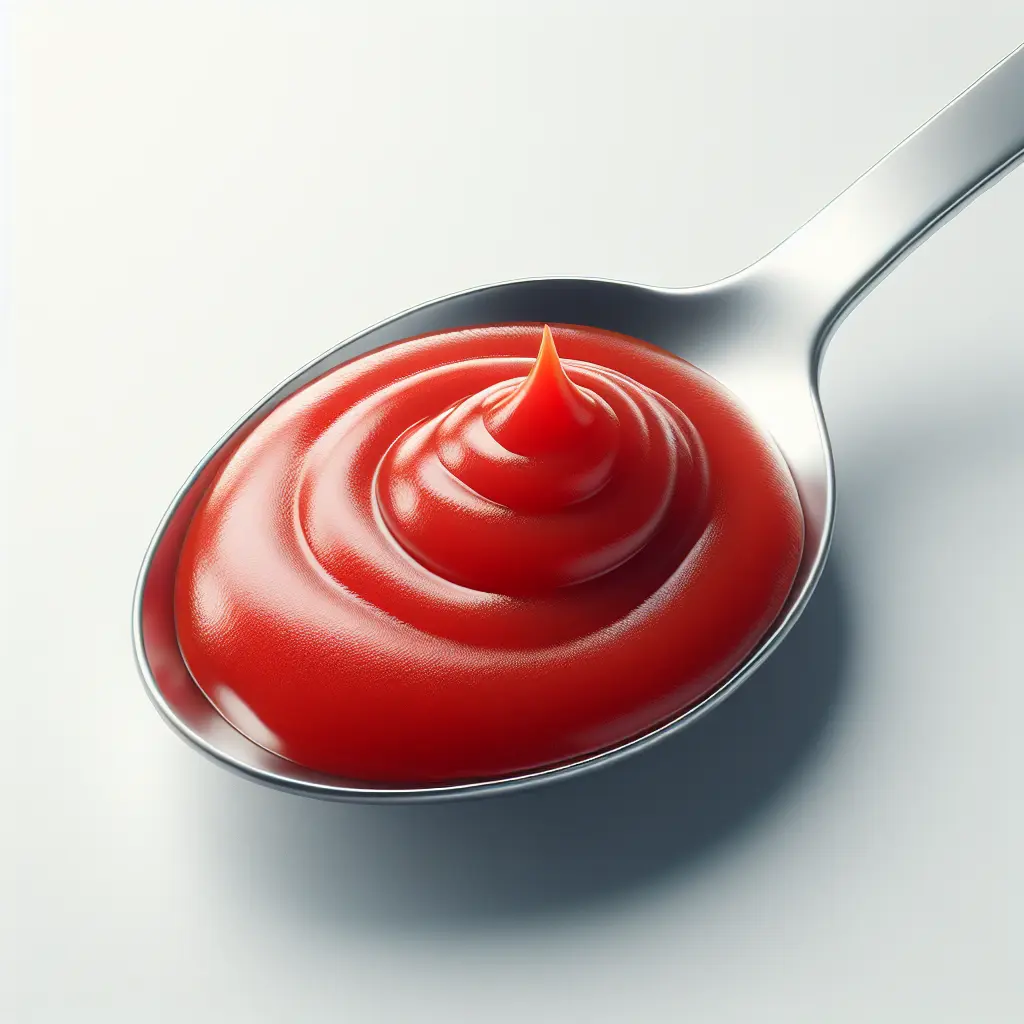Tomato Ketchup: A Culinary and Nutritional Delight
Tomato ketchup, with its vibrant red hue and tangy flavor, has become an indispensable condiment in households worldwide. It effortlessly enhances the taste of burgers, fries, and myriad other culinary creations. But beyond its culinary appeal, ketchup also packs a surprising nutritional punch.
- Nutrient-Rich: Despite its low calorie count (only 17 calories per tablespoon), ketchup is a rich source of several essential nutrients. It contains vitamin C, a potent antioxidant that supports immune function and collagen production. Additionally, ketchup provides vitamin A, vital for vision and skin health, and potassium, which helps regulate blood pressure and muscle function.
- Disease-Fighting Properties: Lycopene, a powerful antioxidant found in tomatoes, is abundantly present in ketchup. Studies have linked lycopene to a reduced risk of chronic diseases, including certain types of cancer and heart disease. Lycopene's antioxidant properties help neutralize free radicals, protecting cells from damage and potentially lowering the risk of chronic illnesses.
Culinary Versatility: Beyond Burgers and Fries
While ketchup is often associated with hamburgers and french fries, its culinary applications extend far beyond these classic pairings. Its tangy sweetness complements a wide range of dishes, adding flavor and moisture to everything from sandwiches and wraps to grilled meats and pasta sauces.
- Marinade and Sauce: Ketchup's unique blend of flavors makes it an excellent marinade for chicken, beef, or pork. It imparts a subtle sweetness and tanginess to the meat, enhancing its flavor profile. Ketchup can also be incorporated into sauces for pasta, stir-fries, and even pizza, adding a burst of umami and color.
- Baking Ingredient: Surprisingly, ketchup can also be used as an ingredient in baking. It adds moisture and sweetness to cakes, muffins, and cookies. The natural sugars in ketchup caramelize during baking, creating a delicious and flavorful treat. Its vibrant red color can also enhance the visual appeal of baked goods.
A Rich History with Unexpected Origins
The origins of tomato ketchup can be traced back to ancient China, where a fermented fish sauce called "ke-tsiap" was used as a condiment. Over the centuries, as tomatoes became more prevalent, the recipe evolved, and ketchup gradually transformed into the tomato-based sauce we know today.
- Global Popularity: Tomato ketchup gained widespread popularity in the United States during the 19th century. In 1876, Henry John Heinz introduced his own ketchup recipe, which quickly became a household staple. Today, ketchup is a beloved condiment across the globe, with numerous variations and brands available worldwide.
- Cultural Symbol: Ketchup has become more than just a food item; it has evolved into a cultural symbol. Its iconic red and white bottle is instantly recognizable, and its association with American cuisine has made it an ambassador of U.S. food culture around the world.
Conclusion
Tomato ketchup, with its delectable taste and surprising health benefits, has earned its place as a beloved condiment in kitchens worldwide. Its culinary versatility extends beyond the classic pairings, making it a valuable ingredient in marinades, sauces, and even baked goods. The rich history of ketchup, from its ancient origins to its global popularity, adds a fascinating layer to this everyday condiment. Whether you enjoy it as a dip, a marinade, or an unexpected baking ingredient, tomato ketchup continues to delight and enhance our culinary experiences.
How many calories are in Tomato Ketchup?
Each 1 tbsp of Tomato Ketchup contains 17 calories.
Tomato Ketchup Nutritional Information
| Nutrient | Amount per 1 tbsp (17g) |
|---|---|
| Calories | 17 Calories |
| Protein | 0.2g |
| Fat | 0g |
| Saturated Fat | 0g |
| Cholesterol | 0mg |
| Carbohydrates | 4.7g |
| Dietary Fiber | 0.1g |
| Sugar | 3.6g |
| Sodium | 0.154mg |
| Potassium | 0.0478mg |
| Calcium | 0.0026mg |
| Iron | 0.0001mg |
